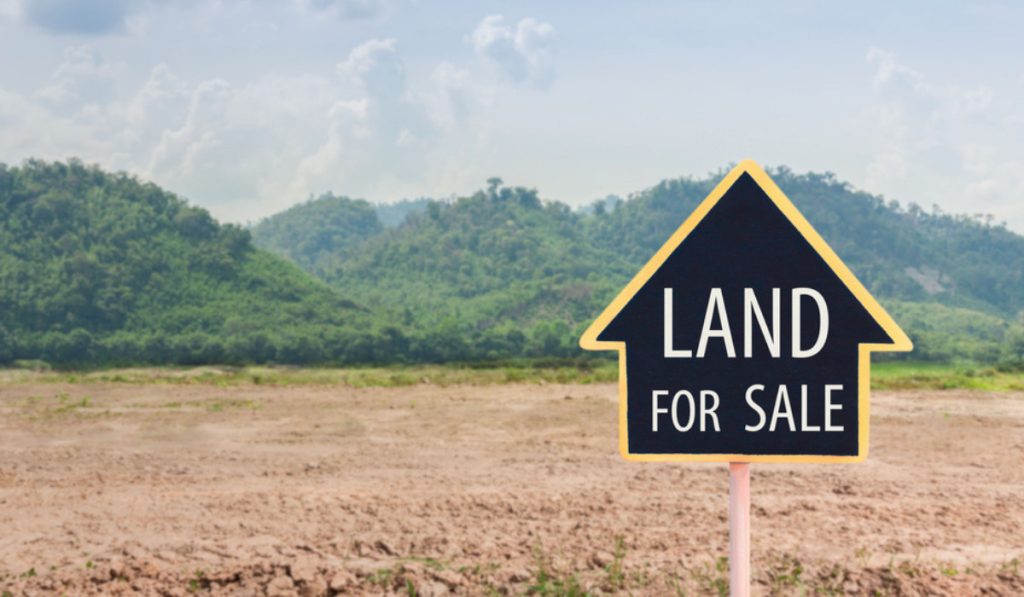LAWLITE.
LAND | In recent news, the story of Paul Owor, a former Busiro South MP aspirant, has stirred concerns about land fraud. Many individuals have fallen victim to fraudsters, losing hard-earned money in the process. It’s a painful experience to hustle for your money only to have it snatched away by deceitful individuals. To prevent such heartaches, it’s crucial to take necessary precautions before investing in land.
But fear not! With the right knowledge and precautions, you can safeguard your investment and avoid falling victim to scams. Here’s a simple guide to help you navigate the land-buying process with confidence:
1. Site Visit and Local Insights:
The initial step in conducting due diligence is to visit the land in person. During your visit, engage with the neighbors and keep an eye out for local authorities. While it is true that some local authorities may collude with fraudsters, many possess valuable insights into the land’s history. By conversing with neighbors and locals, you can gather crucial information about the land’s background. This firsthand knowledge helps uncover any red flags and alerts you to potential fraudulent activities by the sellers.
2. Registry of Lands Search:
If the land has a title, it’s crucial to perform an official search at the Registry of Lands. This step provides you with a comprehensive report on the land’s status, including its history since registration. You’ll gain insight into past transactions and any encumbrances on the property. This detailed search equips you with essential information to make informed decisions and safeguard your investment.
3. Determine Land Status for Unregistered Land:
When dealing with unregistered land, it’s essential to determine whether it falls under customary or public ownership. Understanding this distinction will guide your interactions and negotiations. If the land is customary, identify the relevant family members or authorities to engage with. For public land, establish the appropriate channels to formalize your ownership with the local authorities.
In cases where the land is categorized as a ‘Kibanja’, it’s crucial to investigate the ownership of the underlying titles. This information helps verify whether the seller legitimately holds the kibanja or if they are encroaching on another’s property. Obtaining consent from the registered owner of the land where the kibanja is situated is vital. This ensures a smoother transition and may facilitate future title acquisition.
4. Boundary Verification and Valuation:
Bring in a licensed surveyor to verify the land’s boundaries and confirm its exact size. It’s crucial to know precisely what you’re purchasing. Moreover, consider enlisting a licensed valuer to assess the property’s market value. This step ensures you’re not overpaying and helps shield you from potential financial losses. Remember, if a deal seems too good to be true, it’s likely not genuine.
5. Obtain Necessary Consents:
Ensure you have the consent of all relevant parties. It’s crucial to obtain consent from relevant family members, such as a spouse, especially in transactions involving family land, which may be the family’s primary source of livelihood. Failure to secure proper consent could result in the loss of the land. If the land belonged to a deceased individual, ensure that the seller possesses the appropriate documents, such as letters of administration or probate, authorizing the sale. In cases where the land is owned by a company, the seller may need to provide a power of attorney. If the land is owned by a minor, a court order permitting the sale must be obtained. These measures help safeguard your investment and prevent legal complications down the line.
6. Engage a Lawyer:
It’s highly advisable that you enlist the expertise of a lawyer to conduct thorough due diligence and ensure all aspects are in order. They can also assist in drafting a legally sound agreement that protects your interests. It’s crucial not to overlook the importance of agreements; even a minor oversight can jeopardize your property ownership. When selecting a lawyer, prioritize authenticity. In Uganda, you can easily verify a lawyer’s legitimacy by checking the judiciary website. By choosing a genuine lawyer, you can mitigate risks and safeguard your investment effectively.
Purchasing land is a significant investment that requires careful consideration and thorough research. By following these simple steps and seeking professional guidance, you can confidently navigate the complexities of real estate transactions and safeguard your hard-earned money. Don’t let the fear of fraud deter you from your dreams of land ownership – armed with knowledge, you can make informed decisions and secure a brighter future for yourself and your loved ones.
















